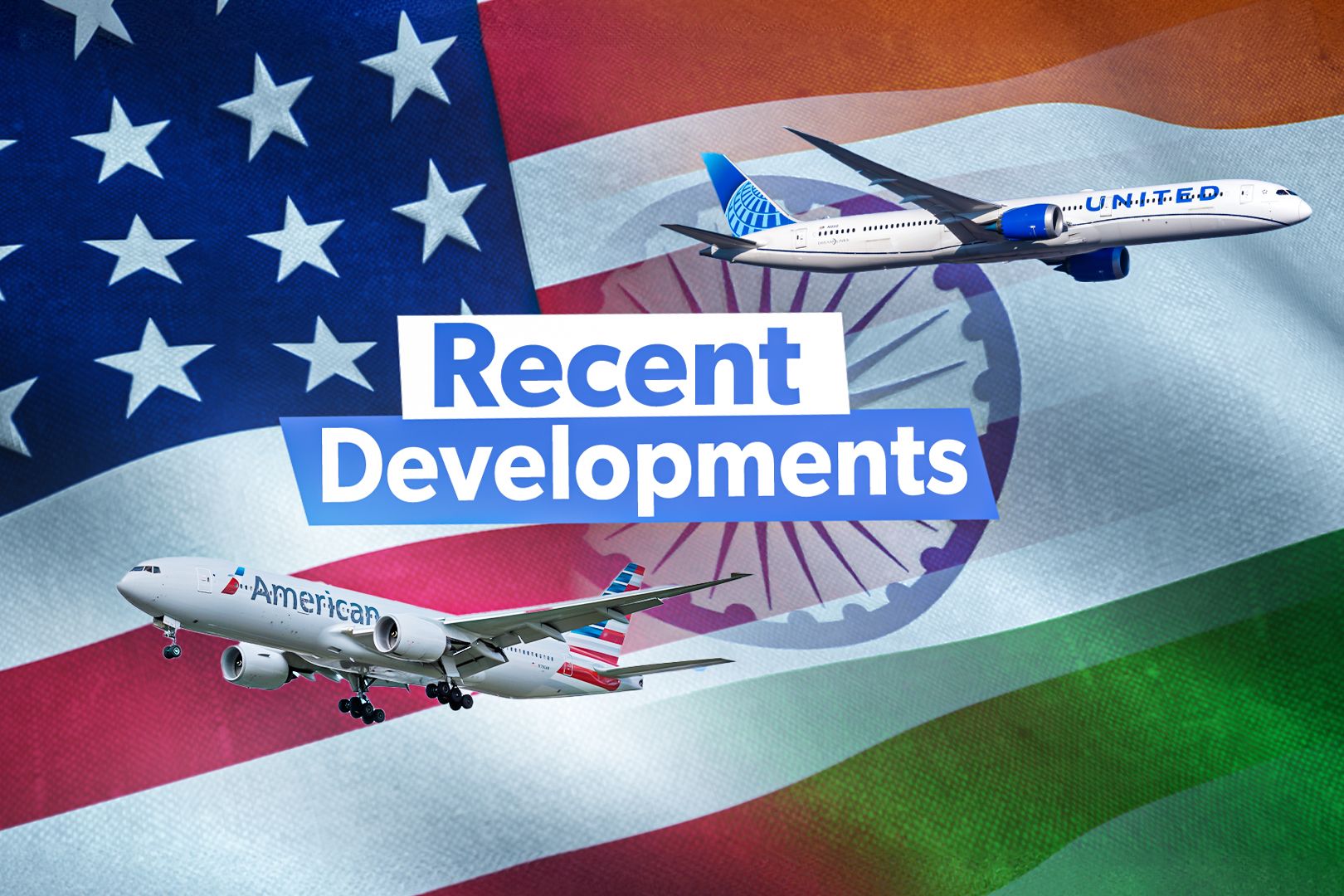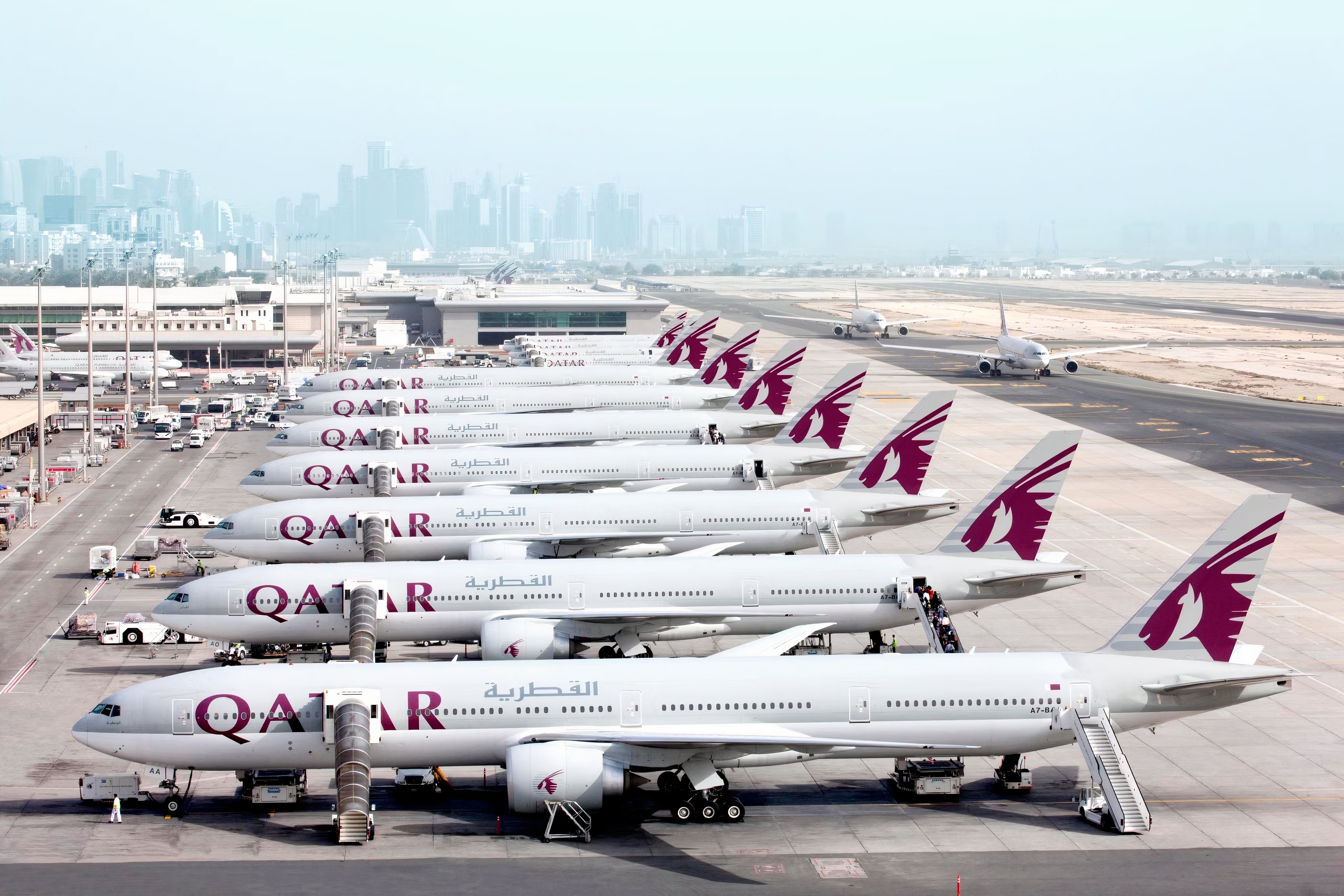Friday, August 23, 2024 Mauritanian nationals will be required to obtain an airport transit visa to travel through international zones of Spanish airports starting August 28, 2024. This new rule is part of Spain’s strategy to control the increasing irregular migratory flows from Africa, which have been a growing concern. Travelers holding a Mauritania passport are mandated to secure this transit visa unless they possess a residence visa, Schengen visa, or a residence permit that has been issued within the Schengen Area.
This measure extends beyond Mauritania, impacting nationals from several other African countries including the Central African Republic, Eritrea, Ethiopia, Ghana, Nigeria, the Democratic Republic of the Congo, and Somalia. Announced on August 16 by the Spanish government, this policy revision aims to stem the tide of irregular migration through the strategic use of visa controls. Despite the intentions behind it, the move has sparked criticism from local immigration advocacy groups in Spain, who argue that the measures are punitive and may not effectively address the root causes of migration.

According to Frontex, the EU Guard Agency , there has been a significant 40% reduction in irregular migrations at the EU’s external borders over the last seven months of 2024. However, certain migration pathways have shown sharp increases in activity. The Eastern Land Border saw a dramatic rise in crossings by 195%, amounting to 9,546 instances, while the Western African Route experienced a 154% increase, with 21,620 detections noted.
Despite these fluctuations, the Central Mediterranean route continues to see the highest number of irregular crossings, with a total of 32,239 incidents recorded within the same timeframe. This regulatory adjustment is part of a broader effort by Spain and the EU to manage migration flows more effectively through targeted policies. The Spanish government maintains that these visa requirements are reversible and could be reevaluated if there are improvements in the management of migration patterns and the reduction of irregular flows.
Meanwhile, the debate continues among policymakers and human rights organizations about the best approaches to handle migration challenges at the European border. Key Insights:.



















